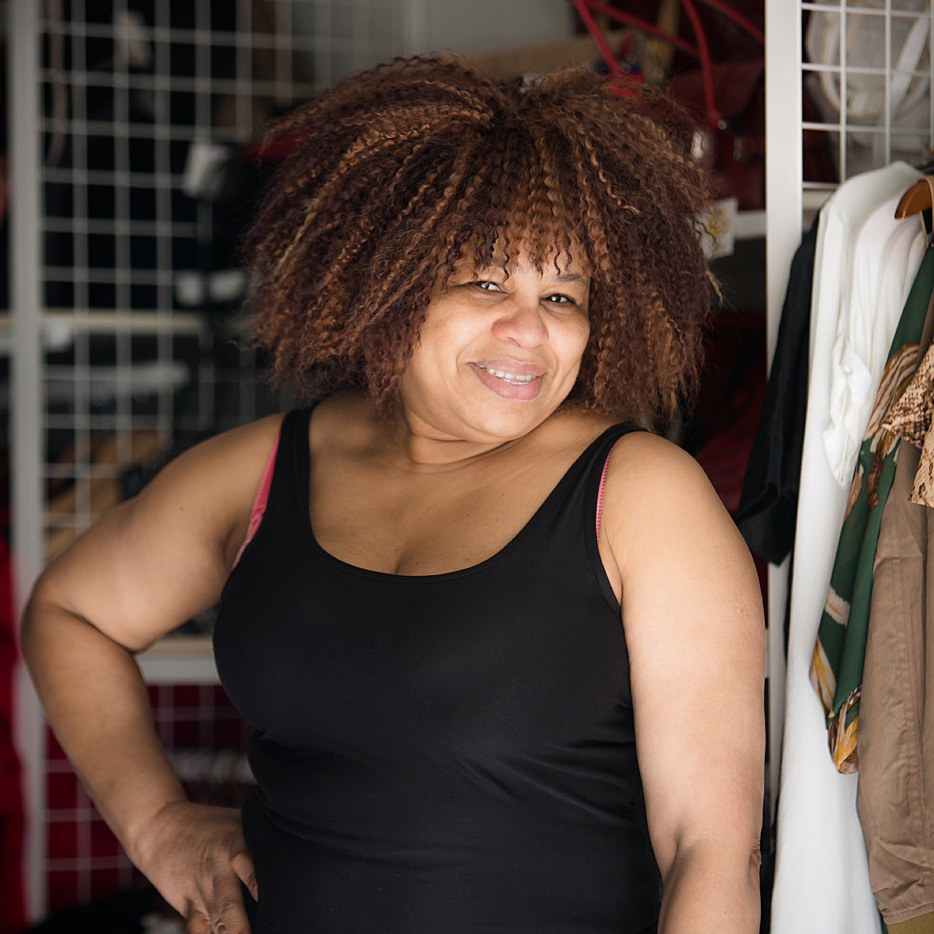Two Black women small business owners thrive despite pandemic in Illinois
Two groups most hurt by pandemic closures, women and Black Illinoisans, have been the quickest to turn to owning small businesses as a way to recover from the COVID-19 economic downturn.
Women and Black Illinoisans were hardest hit by job losses during the COVID-19 pandemic, but they are also the two groups turning fastest to being their own bosses and owning their own small businesses.
Two established small business owners figured out how to grow during the pandemic.
Jackie Jackson not only lost business during the pandemic, her Kilwins ice cream and chocolate shop in the heart of downtown Chicago was destroyed during George Floyd rioting.
“Last year, we were looted. That caused us to close for about 30 days. When they broke in here, the entire store became contaminated; we couldn’t use anything. It was a free-for-all, so it was very scary,” said Jackson, who remained in her store and gave out chocolates to try to calm looters.
But the pandemic also brought opportunity. She expanded her businesses.
“During the pandemic, we opened our third Kilwin’s location at Navy Pier. And, the lockdown inspired me to consider different ways to keep myself afloat,” Jackson said. “I studied trends in the restaurant business, and that gave me the confidence to pivot and do something besides desserts. I am currently in the process of opening a Fat Burger, which is a West Coast chain.”
Despite many challenges, small businesses across Illinois are making a comeback. Illinois has more than 1.6 million small business owners, a growth of 138,000 new entrepreneurs since 2019, according to Illinois Policy Institute research.
Roughly 81,700 Black, non-Hispanic Illinoisans went to work for themselves since the pandemic began, the largest increase of any racial group at 124%. Female self-employment is up 13.4% relative to pre-pandemic levels and has grown faster than male self-employment, which is up 7.3%.
White, non-Hispanic self-employment grew 2.6% between October 2019 and October 2021, while Hispanic self-employment levels remain virtually unchanged from 2019 levels.
Corrine Campbell, owner of Corrine’s Closet in downtown Springfield, Illinois, wasn’t sure her clothing store would survive the pandemic because she had no foot traffic with state employees working remotely. Like Jackson, she came through the downturn even stronger.
“We have a downtown location, and we’ve been lucky we’ve been able to grow and open a second location in the mall,” Campbell said. “It’s so important to support small business. If people are thinking of buying something different from what they find in the big box store, small businesses are a great option.”
Nov. 27 is Small Business Saturday. The day is especially meaningful in Illinois because small businesses are vital to the state’s economy.
Businesses with fewer than 50 employees were responsible for 70% of all Illinois job growth from 2011-2019. But even though there are more small businesses, the pandemic hit some sectors harder.
Small businesses in the retail sector have grown 41% since 2019, with roughly 22,000 new businesses started. But about 87,900 jobs are still missing from the bar, restaurant and food service industry that includes Campbell’s businesses.
Also, Illinois’ unemployment rate remains stubbornly high at 6%, leaving 370,400 workers still without a job.
Small businesses also have smaller payrolls than in the past. Small retail businesses have grown 41% since 2019, but the sector has 16,300 fewer jobs than before the pandemic.
Rising self-employment, entrepreneurial activity, and small business ownership during an economic downturn are to be expected. As a growing number of people find themselves out of a job, self-employment becomes a way to provide for themselves and their families
“In interviewing some of my potential team members, I always ask, ‘What are your career goals? What do you want?’ Because I'm not just offering a job,” Jackson said. “I want to offer a career and most of them, just like today, respond that they want to open up their own business.
“One 21-year-old interviewee said she would like to start our own bakery by age 25. I love hearing that. That's so cool.” Jackson said.
Would-be entrepreneurs need passion, because she said that’s what will get them through pandemics, looting and the hiring crisis.

